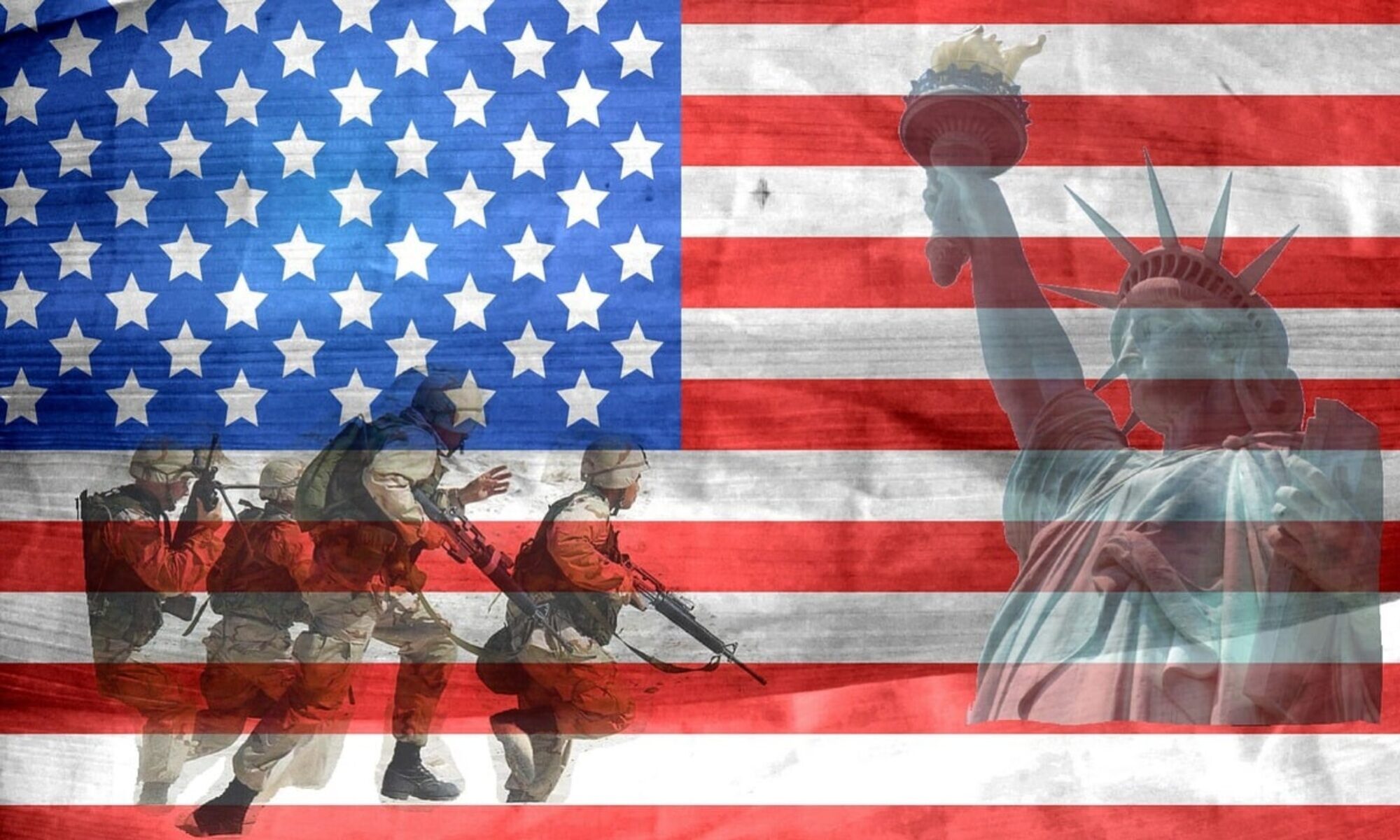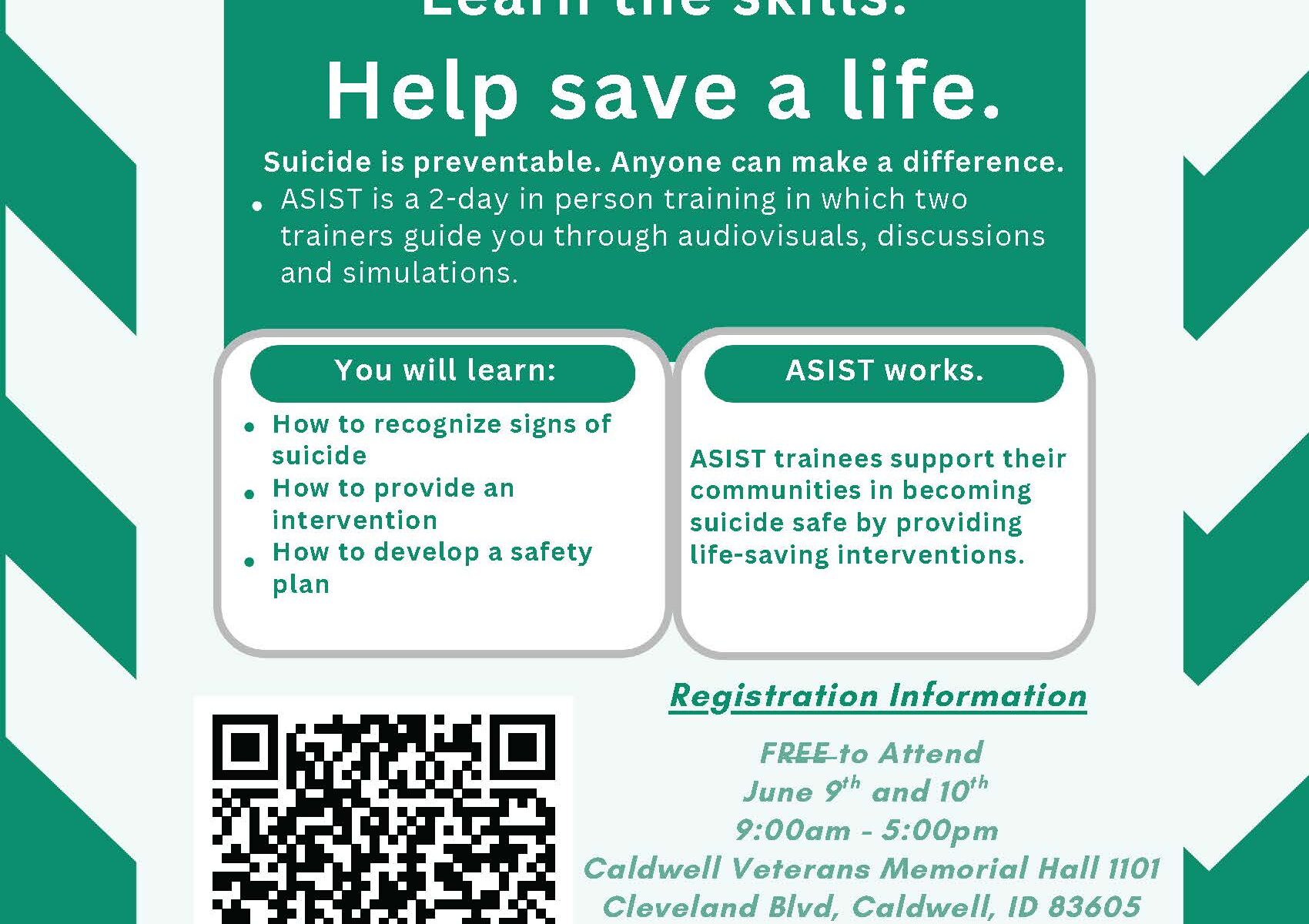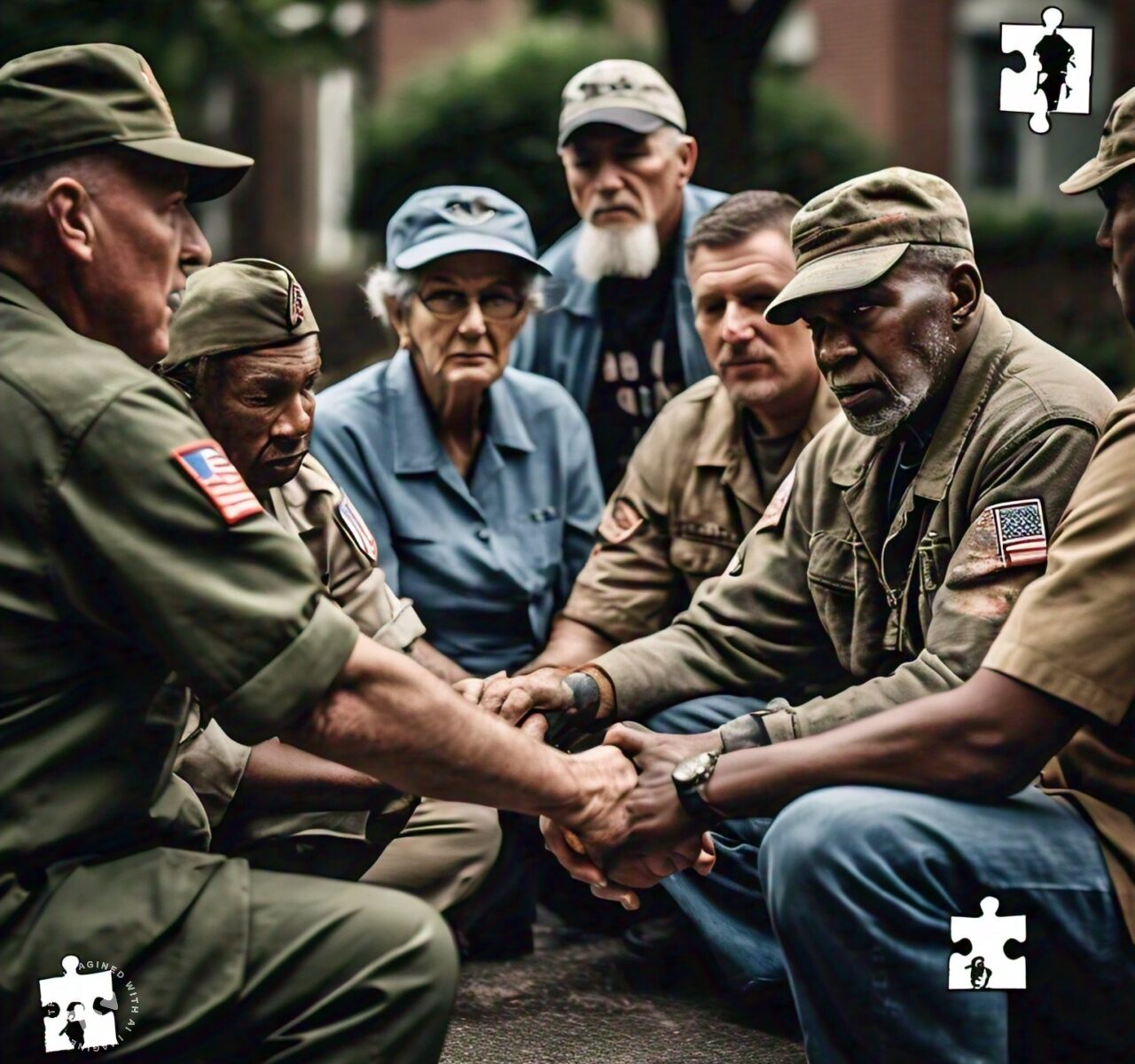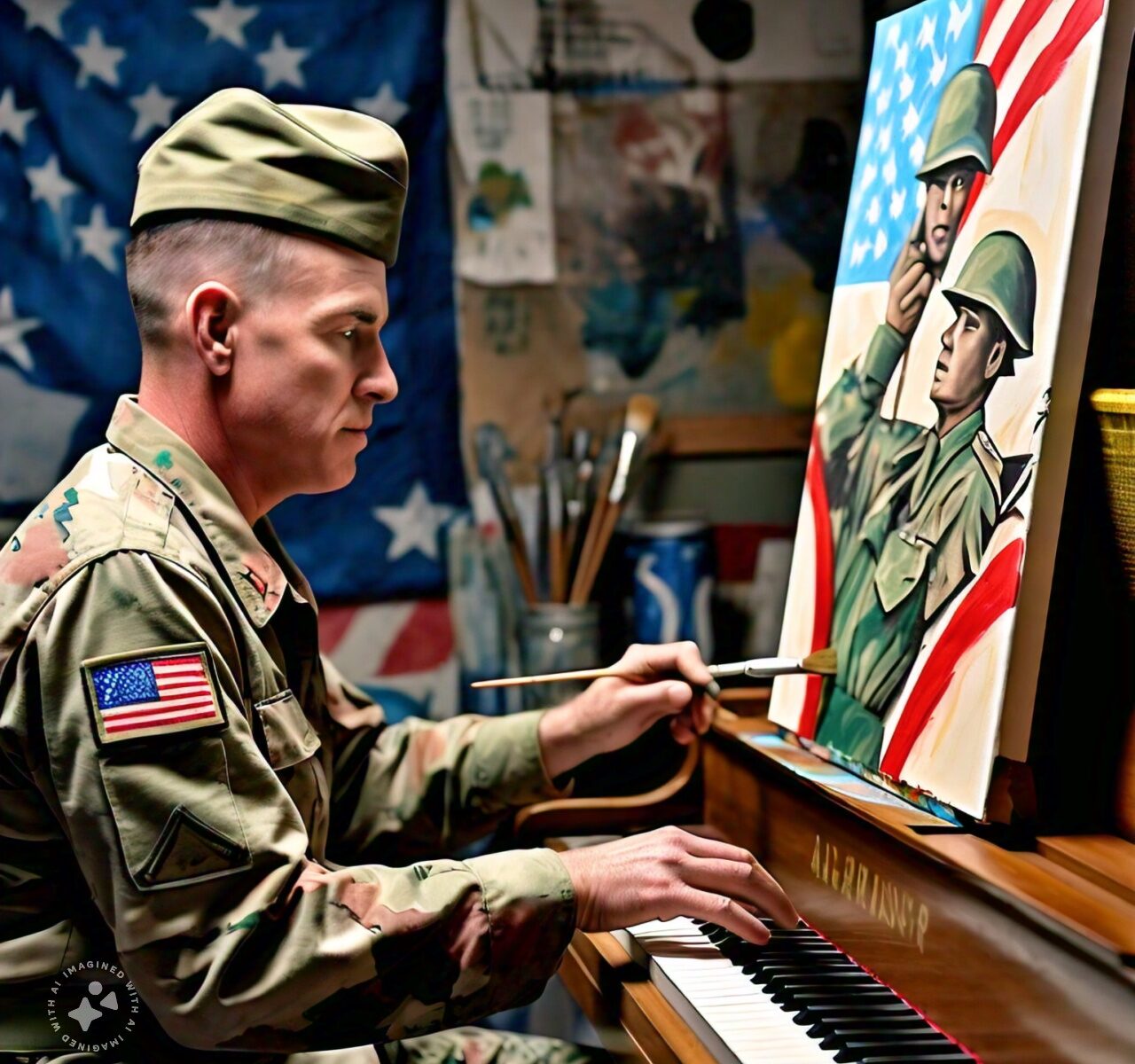Understanding PTSD: Symptoms and Treatment Options for Veterans
Post-Traumatic Stress Disorder (PTSD) is a significant mental health issue affecting many veterans. The experiences and trauma endured during military service can have lasting effects on mental health, making it crucial to understand PTSD, its symptoms, and the available treatment options. This article aims to provide valuable information for veterans in Idaho seeking support and resources for managing PTSD.
Recognizing the Symptoms of PTSD
PTSD manifests in various ways, and recognizing the symptoms is the first step toward seeking help. Common symptoms include intrusive memories, such as flashbacks and nightmares, which can be triggered by reminders of the traumatic event. Veterans with PTSD may also experience avoidance behaviors, such as steering clear of places, people, or activities that remind them of the trauma. Additionally, PTSD often involves negative changes in mood and thought patterns. Veterans may feel detached from loved ones, experience a loss of interest in activities they once enjoyed, and harbor persistent negative beliefs about themselves or the world. Hyperarousal symptoms, such as irritability, difficulty sleeping, and being easily startled, are also common in individuals with PTSD.
The Impact of PTSD on Daily Life
PTSD can significantly affect a veteran’s daily life, making it challenging to maintain relationships, hold a job, or even complete everyday tasks. The constant state of hyperarousal and anxiety can lead to physical health problems, such as high blood pressure and chronic pain. Furthermore, the emotional toll of PTSD can result in depression, substance abuse, and other mental health issues. Understanding the broad impact of PTSD underscores the importance of seeking treatment and support. Early intervention can prevent symptoms from worsening and help veterans regain control over their lives. Family and friends play a crucial role in supporting veterans with PTSD by encouraging them to seek help and providing a supportive environment.
Treatment Options for PTSD
Several effective treatment options are available for veterans with PTSD. These treatments can help manage symptoms and improve overall quality of life. Cognitive-behavioral therapy (CBT) is one of the most effective treatments for PTSD. CBT focuses on changing negative thought patterns and behaviors associated with trauma and can be delivered in individual or group settings. Another effective therapy is Eye Movement Desensitization and Reprocessing (EMDR). EMDR involves guided eye movements while recalling traumatic memories, which helps reduce the emotional impact of these memories. Medications, such as selective serotonin reuptake inhibitors (SSRIs), can also be prescribed to help manage symptoms of anxiety and depression associated with PTSD.
Resources for PTSD Support in Idaho
Veterans in Idaho have access to various resources for managing PTSD. The Idaho Division of Veterans Services offers mental health support, including counseling and therapy services. Additionally, the Boise VA Medical Center provides specialized PTSD treatment programs tailored to meet the unique needs of veterans. The DAV of Idaho is another vital resource, offering comprehensive support for veterans dealing with PTSD. Their services include assistance with navigating the VA healthcare system, access to mental health professionals, and support groups. Visit the DAV of Idaho’s mental health services page to learn more about the resources available.
Table: Key PTSD Support Resources for Veterans in Idaho
| Organization |
Services Offered |
Contact Information |
| Idaho Division of Veterans Services |
Counseling, therapy, and mental health support |
Visit Website |
| Boise VA Medical Center |
Specialized PTSD treatment programs |
Visit Website |
| DAV of Idaho |
Support groups, VA healthcare navigation, mental health resources |
Visit Website |
Success Stories: Veterans Overcoming PTSD
Numerous veterans have successfully managed their PTSD symptoms with the help of effective treatments and support systems. One such success story involves a veteran from Idaho who struggled with severe PTSD after returning from deployment. With the support of the DAV of Idaho and participation in a CBT program, he was able to regain control over his life, improve his relationships, and return to work. These success stories highlight the importance of seeking help and the positive outcomes that can result from effective treatment and support. Veterans should know that they are not alone and that resources are available to help them overcome the challenges of PTSD.
Conclusion and Call to Action
PTSD is a serious condition that can significantly impact the lives of veterans, but with the right treatment and support, it is manageable. Understanding the symptoms and seeking help early can make a significant difference. Organizations like the DAV of Idaho provide invaluable support to veterans dealing with PTSD, helping them access the resources they need to lead fulfilling lives. If you or a loved one is a veteran in Idaho experiencing symptoms of PTSD, reach out to the DAV of Idaho for assistance. Their dedicated team is committed to helping veterans navigate the complexities of PTSD and access the treatment they need. Take the first step towards recovery and a better quality of life today.





